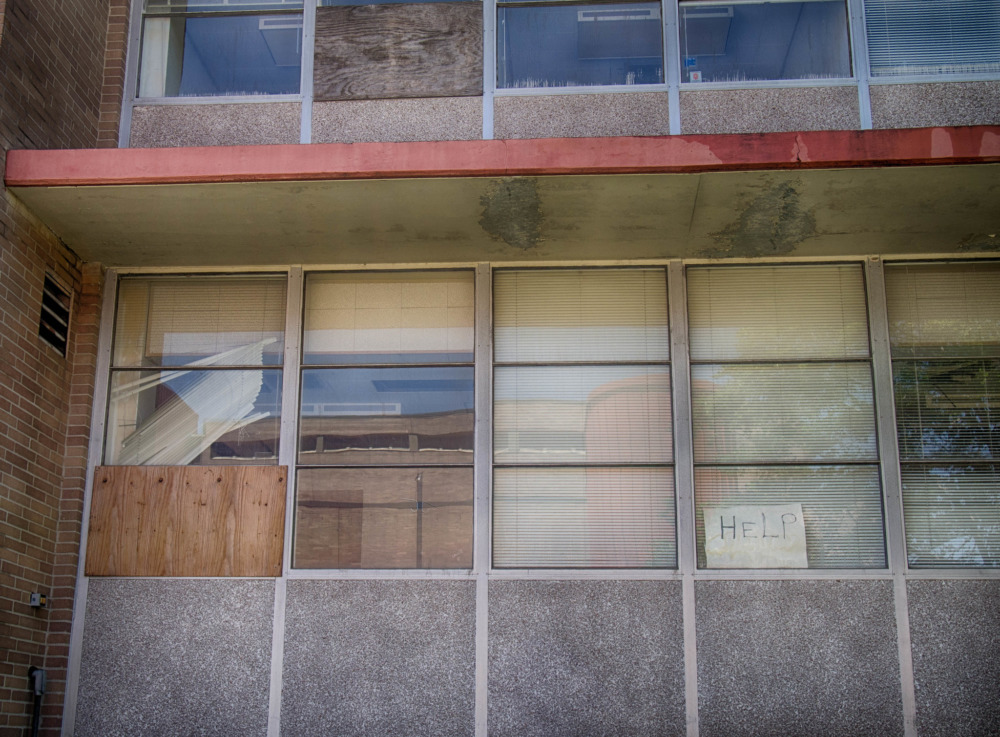Recent surges in homicides and shootings have prompted some who are opposed to juvenile justice reforms to call for a return to tough-on-crime policies. Those approaches did not make the public safer. They did result in needlessly high incarceration rates for young people, particularly for Black and brown youth.
Now is not the time to abandon smart-on-crime justice reforms of the last 20 years as part of yet another race to prove who can be the toughest. We should, instead, be doubling down on those smart reforms.
We should let trends in juvenile justice involvement show the way. While gun-related crimes have increased since the beginning of the pandemic, overall crime rates, including juvenile rates, have decreased. In the roughly four decades ending in 2019, overall juvenile arrests declined 74% since they peaked in 1996, according to a May 2021 U.S. Justice Department report.
“Winding back the clock on juvenile justice reforms would hurt young people and widen existing racial disparities that keep a disproportionate number of youth of color locked up.”
— Schindler and Fernandez
We have some strong examples of how to ensure that the nation stays on that trajectory. An Annie E. Casey Foundation analysis of Florida data, for instance, found that youth who were either diverted from detention or placed on probation were less likely to engage in behavior that resulted in them recidivating than youth who were confined in the deepest end of the carceral system.

Courtesy of Marc Schindler
Marc Schindler
Seven in 10 Florida youth assessed as high risk recidivated within one year of release from a residential facility in that state. But Florida’s AMIkids, one of those community-based diversion and rehabilitation programs, reported that only two in 10 youth treated at home during their supervision recidivated within one year of release.
Juvenile justice reforms developed over the last 20 years are grounded in the science of adolescent development. It finds that young people can thrive when they experience positive and meaningful activities in supportive, safe environments. Those evidence-driven reforms have proven successful in rehabilitating youth, including youth involved in violent crime.
Justice Policy Institute report
The Justice Policy Institute’s recently released report, “Smart, Safe, and Fair II,” examines how jurisdictions in Milwaukee, New York City, Washington D.C. and the state Virginia shuttered youth prisons and, in their place, employed community-based services to successfully, safely work with most justice-involved young people, including those who committed violent offenses. Family and individual therapy; drug and mental health treatment; educational and employment supports; recreation programs; and mentorship were part of a continuum of care that is necessary for helping youth navigate adolescence and desist from further delinquent activity.
The institute’s report chronicles each of those four jurisdictions’ path to systemic reform and provides eight lessons for jurisdictions looking to make similar changes to improve the lives of the young people in their juvenile justice systems.

Courtesy of Mai Fernandez
Mai Fernandez
Smart, Safe, and Fair II comes at an opportune moment. The recently passed American Rescue Plan Act provides localities the option to use the funding to outline and put in place the kinds of reforms discussed in the report. Those funds can be used for planning purposes; visits to jurisdictions that have reformed their juvenile justice systems; and training staff on system changes.
This is a moment when we should be looking to expand juvenile justice reforms, not reverse them. Winding back the clock on juvenile justice reforms would hurt young people and widen existing racial disparities that keep a disproportionate number of youth of color locked up.
We have the knowledge and experiences to work effectively with youth and their families. What we need now is the political will to continue implementing approaches that have proven highly effective in improving the lives of young people and keeping our communities safe.
Marc Schindler is executive director of the Justice Policy Institute and former interim director of Washington, D.C.’s Department of Youth Rehabilitation Services. Mai Fernandez is senior fellow at the Justice Policy Institute and former executive director at the National Center for Victims of Crime.
































